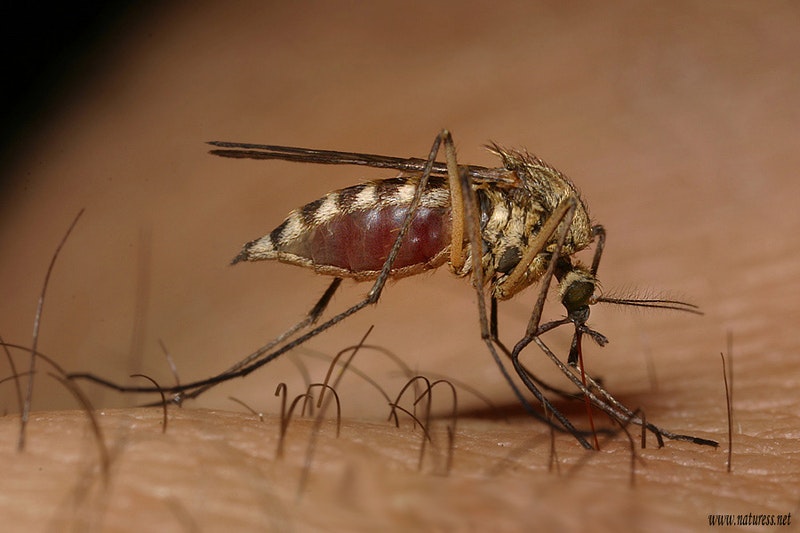St. Louis encephalitis

What is St. Louis encephalitis?
St. Louis encephalitis (SLE) is a mosquito-borne disease caused by the St. Louis encephalitis virus (SLEV) that causes inflammation of the brain (encephalitis).
Where in California has St. Louis encephalitis virus been detected?
St. Louis encephalitis virus reemerged in California in 2015 but has not been detected in Marin or Sonoma counties. Click here to view the current distribution of this virus
How do people get St. Louis encephalitis?
People get SLE from the bite of an infected mosquito. The mosquito becomes infected with the virus after biting a bird infected with SLEV. St. Louis encephalitis is not transmitted person to person.
Who is at risk of being infected with St. Louis encephalitis?
People who spend time outdoors when SLEV infected mosquitoes are active, such as at dawn and dusk, are at increased risk.
What are the symptoms of St. Louis encephalitis?
Most people bitten by an SLEV-infected mosquito will have few to no symptoms. Others will develop mild flu-like symptoms, including fever and headache from 5 to 15 days after being infected. Severe SLE can result in serious symptoms that affect the central nervous system. These symptoms include fever, headache, stiff neck, confusion, and altered level of consciousness. Coma, convulsions, paralysis, and sometimes death may occur. Elderly people and those with weakened immune systems are more at risk for developing severe symptoms of the disease.
How is St. Louis encephalitis treated?
There is no specific treatment for SLE. Severe SLE illness is treated by supportive therapy that may include hospitalization, respiratory support, IV fluids, and prevention of other infections.
What can a person do to prevent St. Louis encephalitis?
There is no vaccine for SLE. To prevent SLE and other mosquito-borne illnesses, such as West Nile virus infection, be sure to:
- Apply insect repellent containing DEET, picaridin, IR3535, or oil of lemon eucalyptus on exposed skin and clothing before spending time outside.
- Wear long sleeves and pants when mosquitoes are biting.
- Keep screens on windows and doors in good repair.
- Reduce mosquito breeding by identifying and eliminating standing water around your home in containers such as flower pots, tires, rain barrels, bird baths, and children’s toys.
- Contact the District at 1-800-231-3236 if you detect unusually high numbers of mosquitoes.
Where can I get more information about St. Louis encephalitis?
You can find more information about SLE at the U.S. Centers for Disease Control and Prevention SLE webpage (http://www.cdc.gov/sle/index.html).
